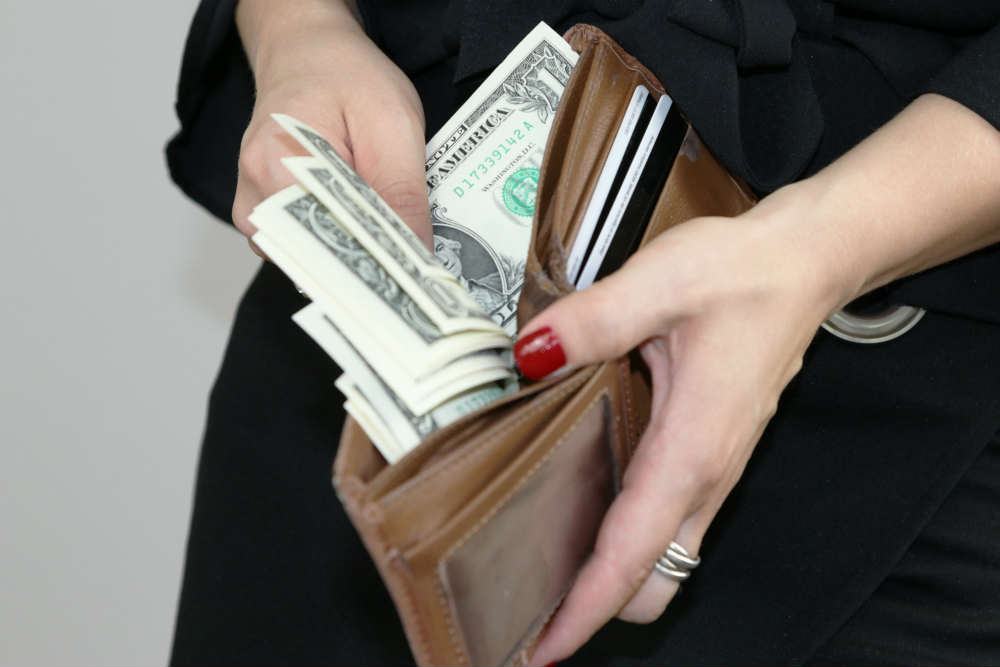The cashless society is one that has oft been touted as the direction we are taking. Some are fervent supporters of not having to keep change in their pockets, while others are sceptical of the benefits we may lose if we swap to electronic methods. Sweden, Denmark and Norway are leading the way with cashless society, but could the UK ever go fully cashless?

Digital Payment Methods in Online Casino Gaming
The online casino industry is one of the strongest advocates of alternative digital payments, partly because the forward-thinking sector understands that customers want to leverage the latest in what technology can offer us. For instance, as part of the list of popular slots at Casumo Casino, banking options are listed alongside welcome bonuses and game offerings to allow potential customers to choose a banking method for deposits and withdrawals that suits them. These include digital banking methods such as Neteller, Skrill, Paysafe, which show a commitment to moving away from standard methods such as bank transfer and PayPal (although, they are also options). For those who might be fans of online casino, it’s likely that they will also utilize other digital inventions, such as e-wallets and may even dabble in cryptocurrency. The industry understands that the customer wants to experiment with the latest in technology.
International Cashless Examples
One of the main issues against a cashless society is that causes that receive loose change – such as rough sleepers, charity donations, and the service sector reliant on tips – may lose out when payments become fully electronic. However, Sweden’s homeless population have been accepting mobile phone payments and cards. Indeed, some buskers on the London Underground have card machines for passers-by to tip them for their art, so perhaps cashless won’t prevent those who rely on loose change from gaining the money they need. Countries such as Kenya have been adopting cashless methods as more people have access to digital payment systems and Wi-Fi than they do a bank account. The method of paying digitally has opened up the financial situation for many people and the industry is a proponent of Kenya’s GDP.
Benefits of the UK Going Cashless
Contactless payments are already the norm, with card payments having overtaken cash in 2017 for the first time, and financial alternatives to traditional banking, such as Monzo, are on the rise. Digital tracking can help to amalgamate data and can lead to speedier updates in how things are run. Some advocate that cashless society will diminish cash-based crime, while others claim that these criminals could migrate online too. The major benefit for cashless society is the time saved per transaction. However, many would resent a cashless society, not trusting the fact that their money is held in the ether, or that the banks make money on each transaction, while others are stuck in their ways and routines and prefer the physical act of making a financial transaction. Indeed, contactless makes it easier to spend money psychologically. Many elderly people resent the idea of cashless society, while many others are embracing contactless and can see the benefits.
Realistically, we may migrate to a cashless society, but there will still likely be the option of accepting coins and cash for those who want to. The majority who embrace cashless will still receive the benefits of it. A fully-fledged cashless society may work in Sweden, but the UK still has some kinks to work out. Still, it doesn’t seem to be such a far-out, futuristic idea and could definitely work.